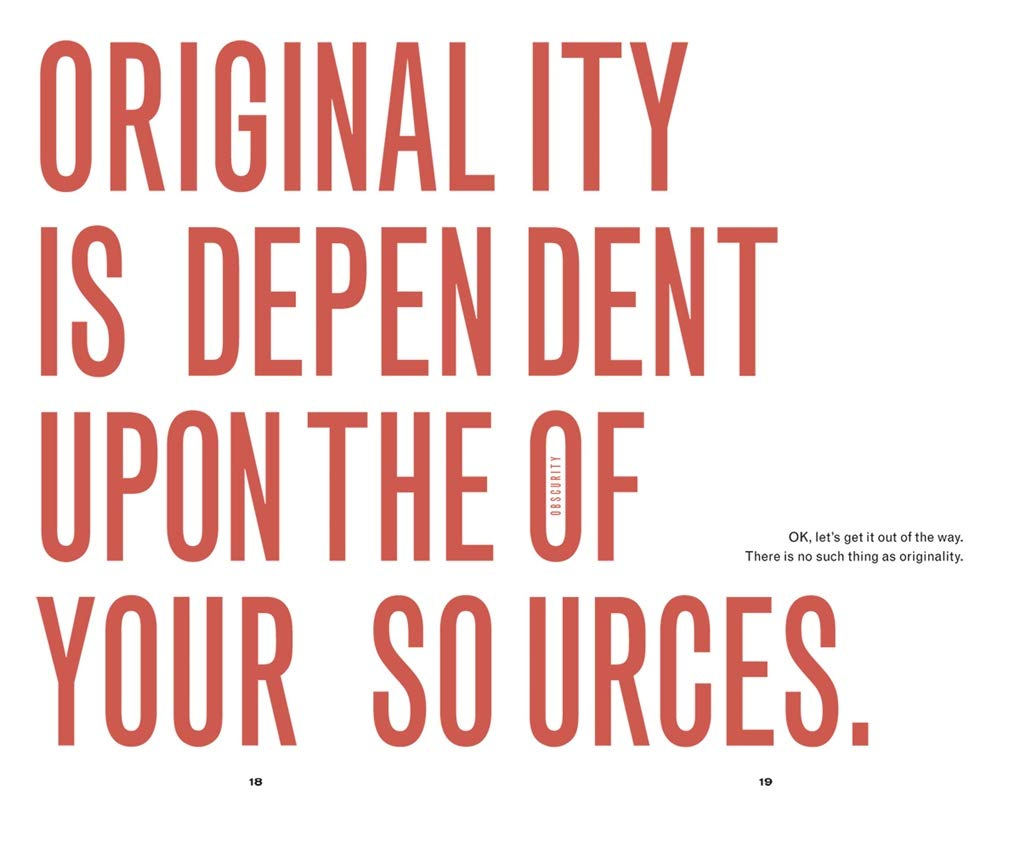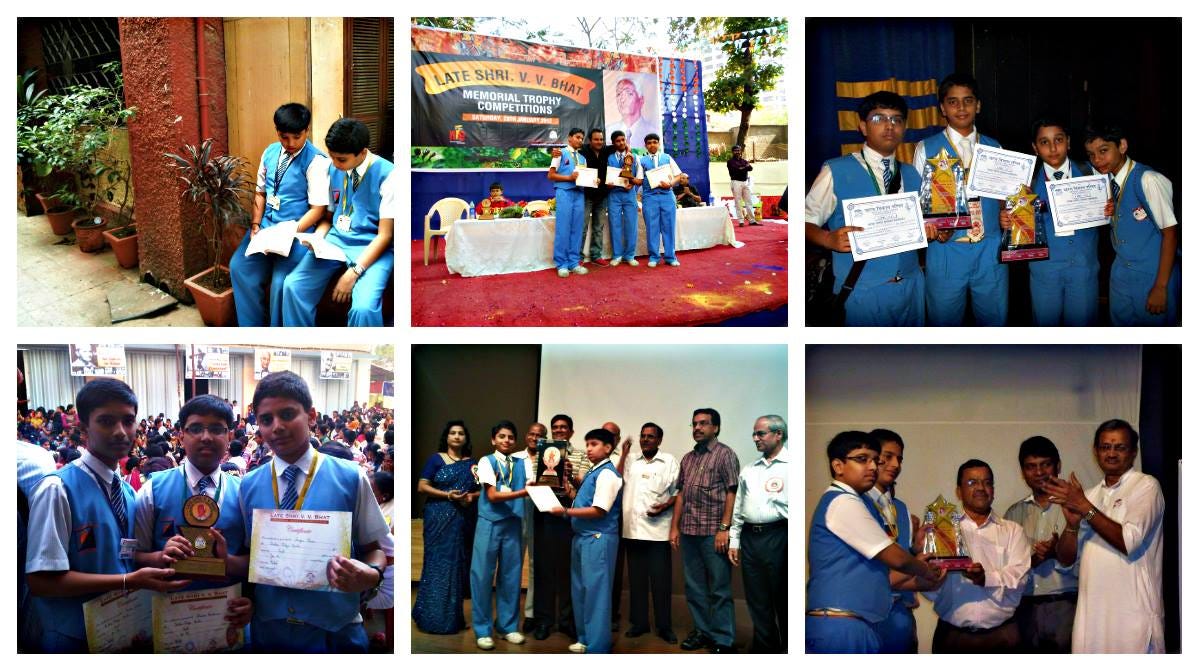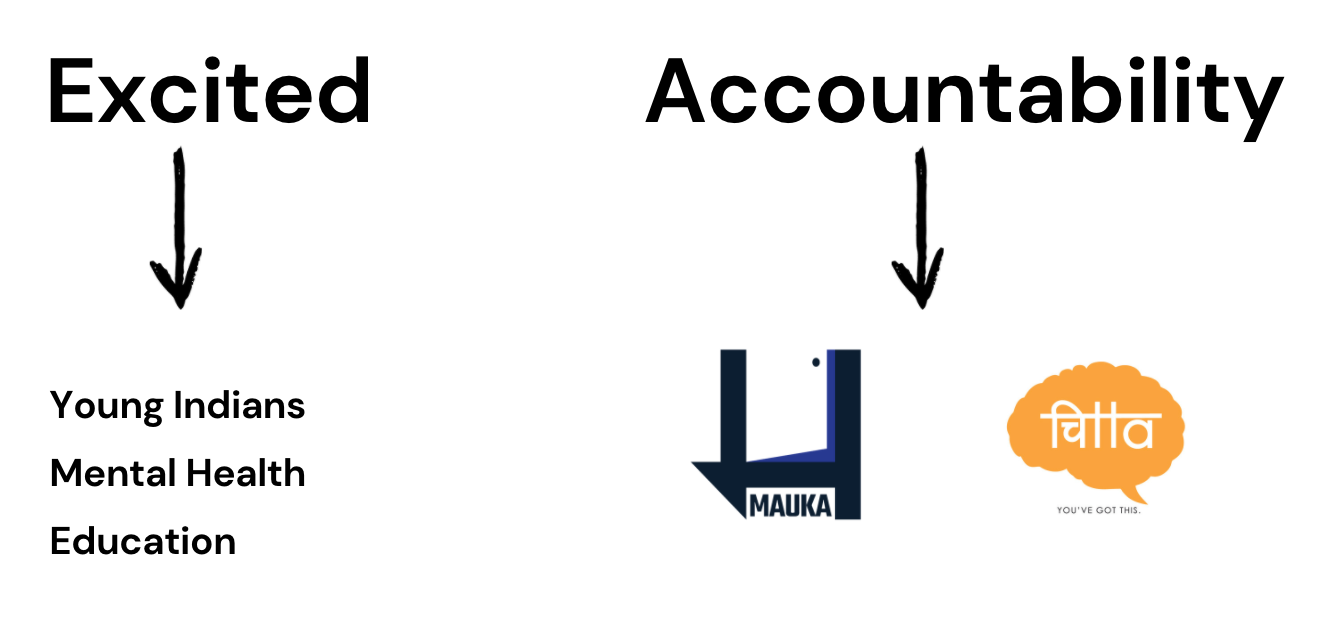How often do we think about the things we do?
How often do we know why we made the decisions that we did?
How often do we care?
Principles by Ray Dalio got me thinking about what are my non-negotiables. About defining characteristics that resonate with my version of truth and reality.
This is not an exhaustive version and hopefully not a permanent one. Your principles have to evolve and get stronger with time and more lived experiences contributing to them. What doesn’t have to change is what you stand for.
The purpose of writing these principles isn’t for anyone to follow them. It is to urge you to write your own. It is to reflect on the decisions you take and the way they impact you.
For me, it’s to remind me of who I am and what I stand for if I lose my memory which is likely. So whenever I’m being assertive in this piece, know that it is for me and not for you. Everything you read here is highly subjective and merely suggestive in nature.
Be Fiercely Original, Even if it Scares You.
There have been countless instances where I have felt out of place for the way I think, the way I look, and the way I behave. And, it was very explicitly pointed out to me. That you don’t belong.
The point is not to go into a motivational guru tangent. With the benefit of hindsight, I ask:
Why didn’t I conform?
Why didn’t I try to fit in?
Was I not allowed to?
Did I not want to?
I have reason to believe it had/has to do with my identity. Who am I if I am not this person?
I don’t think it was brave or courageous. It simply was a matter of sticking to something that felt familiar to me and what made the most sense to my rationality.
But being original doesn’t mean being rigid. In fact, might be the opposite. Being original requires you to understand valuable viewpoints and perspectives and then form your own opinions based on what works for you.
It’s literally like going to a (good) buffet and picking the best or your most favorite items from it.
An important caveat here is that you need to be on a constant quest of improving your sources and factors that influence your originality.
Find Knowledge Everywhere You Go
If there’s one thing I really enjoy, it’s finding rich insights into surprisingly mundane things. If things go my way, I’d like to retire soon and become a quiz master.
Even in this seemingly, distracted world where we are always looking to tune out reality, I have always found my way back to quench this relentless thirst for knowledge wherever I go.
I want to know more about the supply chain dynamics of the local convenience stores (Kiranas) in Mumbai.
I want to know more about what would happen if all politicians are mandated to go to therapy and how it would affect the country.
I want to know more about the fluidity of morality and how humans seem to keep shifting the goalpost every now and then.
The point I’m trying to make here is that your relationship with knowledge cannot be transactional. If it is, then that’s not knowledge. That’s actionable information.
Your relationship with knowledge can’t have ulterior motives. The only driving factor should be curiosity.
While that’s easy for me to say now, 7th grade Menon would disagree. 7th grade Menon read and read so that he could win quizzes and debates to show off. So, it pays to have a channel to express your knowledge. For me, it was through extra-circulars and by being the annoying kid who raised his hand for any question that wasn’t in the textbook.
So find your initial anchor/ adrenaline to get hooked to knowledge, then let go of it.
Build your own compass of conscience
This is a tough cookie. Especially as a 23-year-old trying to shape his life around a world that seemingly seems okay with bending the rules if it benefits them immediately.
We live in a myopic world where people can’t seem to see farther than today. And most of their decision-making seems to revolve around the same ideology. The sooner the benefit, the better it is.
The tough part is that it is a lonely journey if you reject short-term gratification in exchange for a strong identity and an uncertain reward. And I’ve been tempted to break character every now and then because of the world we live in.
But your compass of conscience is a result of conditioning, circumstances, and conversations. So, the best way to build good ethics is to surround yourself with individuals and knowledge that challenge, reaffirm, and build your compass.
For me, it was learning more about institutions like the Tatas, especially because I was building a business. I read in the book, Tata Stories by Harish Bhat where JRD Tata once said in 1895:
“ We don’t claim to be more unselfish, more generous, or more philanthropic than other people. But, we think, we started on sound and straightforward business principles, considering the interest of our shareholders our own, and the health and welfare of our employees the sure foundation of our prosperity.”
127 years later, it’s safe to say that worked out for them.
I also really like what Naval said in one of his podcasts:
“A lot of wisdom involves realizing long-term consequences of your actions. The longer your time horizon, the wiser you’re going to seem to everybody around you.”
Be Kind, Even When it’s Not Expected
I’m not too big on positivity, as much as I am about pragmatism. But my privilege in recent times has taught me to be kinder. When you live in a country like India, you are often desensitized as kids to ignore the hardships and the poverty that exists in our country. Instead, the only thing we should be is grateful for what we have and move on.
Why?
Why can’t I feel something towards another human being who’s clearly struggling more than me and for reasons that are purely circumstantial?
I visited my house help's house in a chawl when I was in the 8th grade to set up my old PC for her kids. Though the trip was mostly uneventful with no rich boy epiphanies, it did change the way I looked at my own privilege.
Being kind isn’t being selfless. It’s being logical. If your identity revolves around kindness and generosity, it’ll lead to better and more lasting relationships with people around you.
But for it to be an identity, you need to be kind even in places where it’s not expected. Be it with your adversaries, or making time to be a part of something bigger than you (e.g- Volunteering).
As I build my non-profit, Citta, and my startup, Mauka, this principle helps me look at the bigger picture. It helps to define my north star metric as impact and changing the world isn’t reduced to rhetoric but an actual reality in my life.
Believe in Your Future Self
More often than not, all of us fall victim to self-doubt and our current capabilities. While some of it might be rooted in logic and self-awareness, most of it is just fear masquerading as imposter syndrome.
While I do believe a little bit of imposter syndrome is healthy, what is healthier is some sort of a practical belief that your future self is going to be in a better position than you are today, equipped with more wisdom through lived experiences.
Most of our self-doubt stems from the assessment of our capabilities today. What we fail to factor in is that we are going to be less stupid, naive, and reckless in the future than we are today.
While I constantly worry about whether I’ll amount to something in this life, I sometimes just write it off and expect my future self to deal with it.
These principles are a result and culmination of my lived experiences. They are by no means a guide to leading anybody’s life but my own. But, if there are things you resonate with here, try writing them down?





